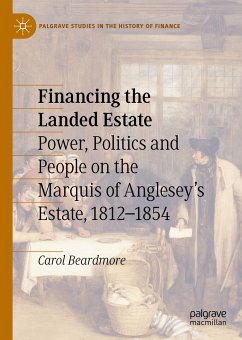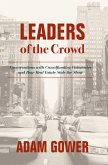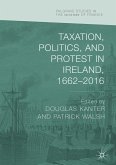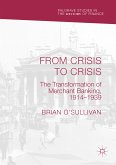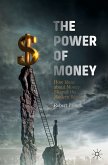While there is an extensive historiography which explores English agriculture in the nineteenth century, there has been less attention paid to individual estates and in particular the role of the land agent within their management, administration and participation in rural community relationships. Nowhere is this more obvious in the lack of research into the financial history of the landed estate, even though in the early nineteenth century these were some of the largest businesses in England. The Castleman letters are a rich source which detail the intricate working, financial, social and political relationships which constituted the foundation of the landed estate. The vouchers of which more than 10,000 have survived alongside the rental accounts have rarely been examined. On their own they illustrate, for example: the sums paid out on maintenance, the interest payments on mortgages, charitable expenditure, spending on property repairs and one-off payments for a wide and diverse range of items. Together with the diurnal correspondence all three aspects of the archive detail the daily financial undertakings and form the foundation of a new financial history of the estate. This book will show that estate management was underpinned by an inherent understanding of the financial decisions which needed to be taken, and will be of interest to academics and researchers of financial history.
Dieser Download kann aus rechtlichen Gründen nur mit Rechnungsadresse in A, B, BG, CY, CZ, D, DK, EW, E, FIN, F, GR, HR, H, IRL, I, LT, L, LR, M, NL, PL, P, R, S, SLO, SK ausgeliefert werden.

